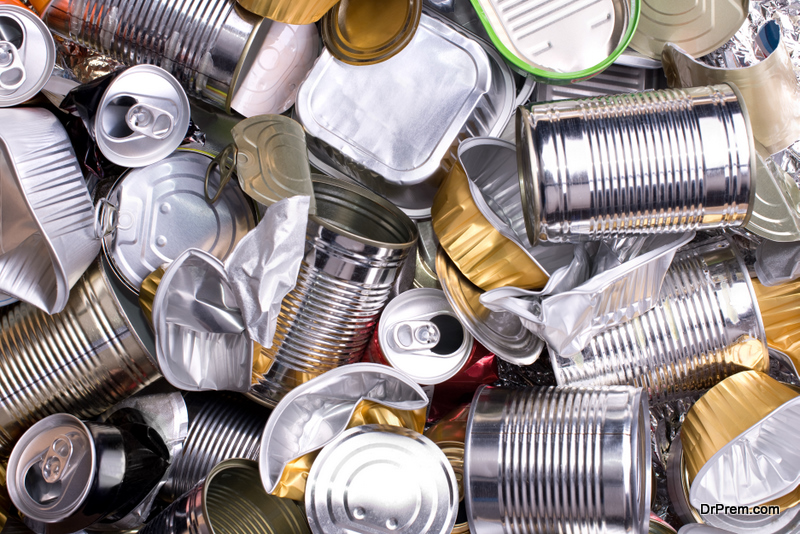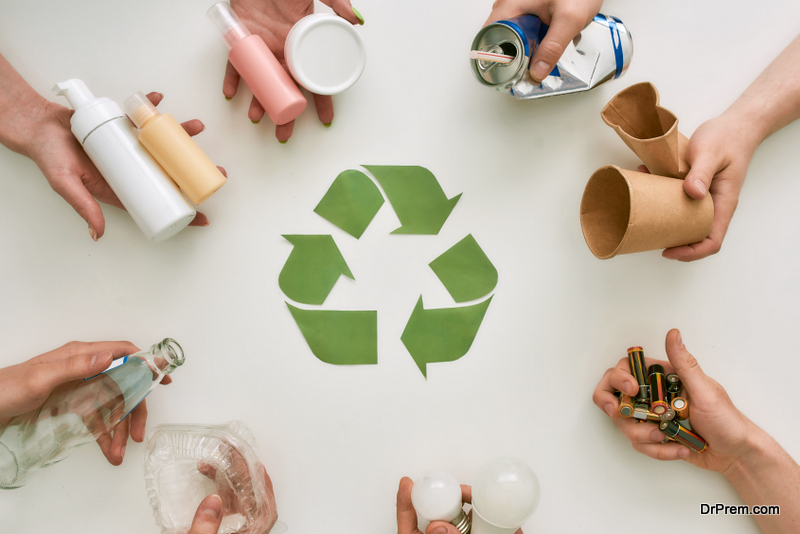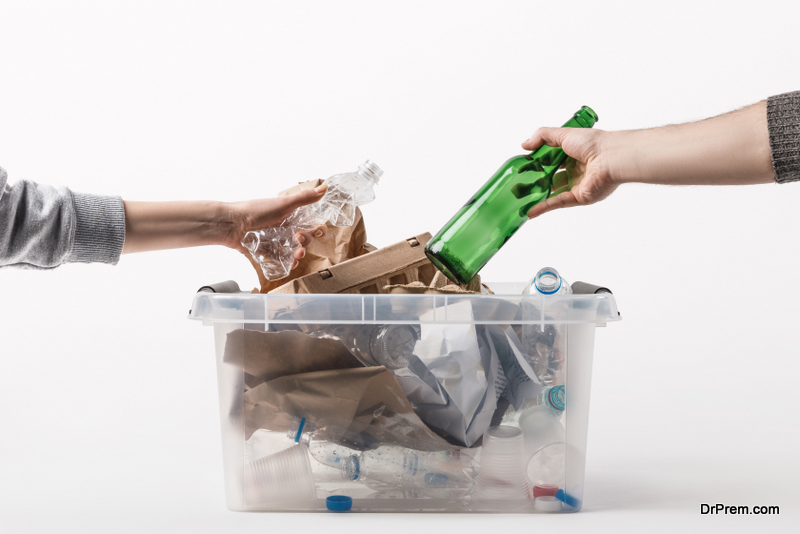We’ve all been there when we’ve been cleaning out our house and pick something up only to ask, “Is this recyclable?” The truth is, not a lot of people know the proper way to recycle. It’s easy to get mixed up when trying to make sure we don’t throw certain items into the wrong bin.
Here are a few of the big recycling myths, along with some extra knowledge as to what can and cannot be recycled.
Myth: You Can’t Recycle Metal

This right here is a huge myth because, in fact, almost all types of metals are recyclable. These metals include aluminum, cast iron, bronze, copper, tin, and several others.
Many companies have the ability to recycle old or broken metal parts they may no longer have a use for. Steel, for instance, can be remelted and reused which means various products and materials like thread or spline gages, metal roofing, or certain vehicle parts can all be recycled.
Myth: Bag Up Your Recyclables in Plastic Bags
When you bring your recyclables out into the bin, you might think it’s smart to reuse a plastic bag to hold your recyclables. Any materials that are wrapped in a plastic bag may not end up being recycled. So make sure to remove all recyclables out of your plastic bags before placing them in the bin.
Myth: All Plastic is Recyclable

This is by far one of the biggest misconceptions about recycling. Not all plastic is created equal. Flexible packaging, for example, has multiple different types of materials used to create the packaging itself. Not all of them are recyclable. Plastic wrap or cups with a plastic coating aren’t considered recyclables either.
If you still aren’t sure whether you’re able to recycle your plastics or not, visit your city’s website to find a full, comprehensive list of what types of plastics can be recycled.
Myth: Non-recyclables Are Sorted
Unfortunately, this is not the case despite what you may have seen on television. When recyclables are brought in, any non-recyclable can actually eliminate the chances of actual recyclables from being properly recycled.
So if you are thinking about throwing in an extra container that you aren’t so sure would be accepted or not, take a second to look it up online first. Otherwise, your recycling initiatives would have all been for nothing.
Myth: If It’s Reusable, It’s Recyclable

False! The words “reusable” and “recyclable” are not interchangeable. If something is reusable, it means you can have multiple purposes for it and can be used over and over again. Recyclable means you are able to send it back to the city for them to turn the item into something else.
Reusable bags, for instance, are not recyclable. They are usually made out of some kind of fabric or another durable material for multiple uses. Plastic bags, while recyclable, are better off being returned back to your local grocery store.
What Can I Recycle?
Despite all of the materials you can’t recycle, there are a plethora of items that your city’s recycling bins will accept, such as:
- Plastic bottles and containers
- Tin, aluminum, and steel food or beverage cans
- Paper such as newspaper, magazines, and letters
- Flattened cardboard from pizza boxes, packaging, or food containers
- Glass bottles (however, rules vary depending upon your specific city’s regulations)
Remember that when you are recycling anything, all food and liquids must be removed from any of your items. If you are recycling a tuna fish can, make sure to wash it out completely, as items that are contaminated can not be recycled.
It might seem like a lot to remember, but don’t worry. You can make a list of items to keep on your refrigerator of what you can recycle. There are also apps that will help you look up items you intend on recycling so you can double-check ahead of time.
Article Submitted By Community Writer




